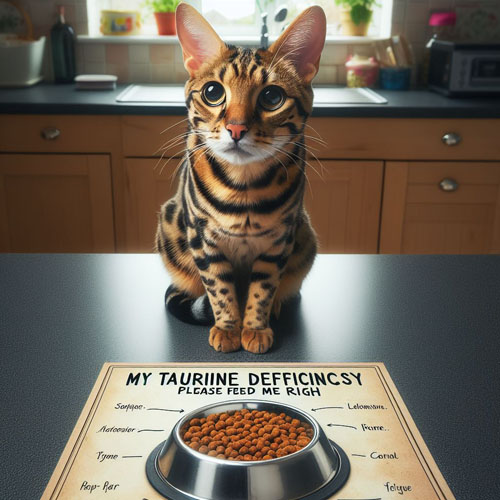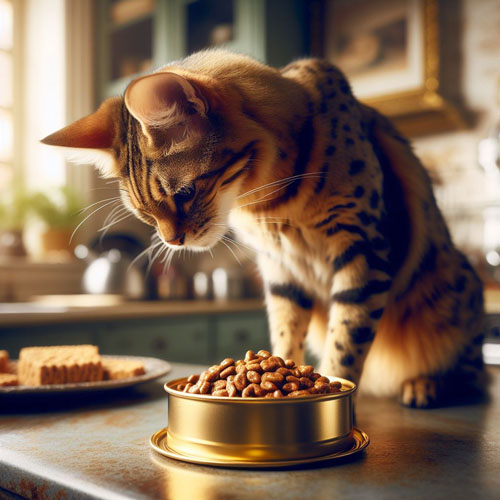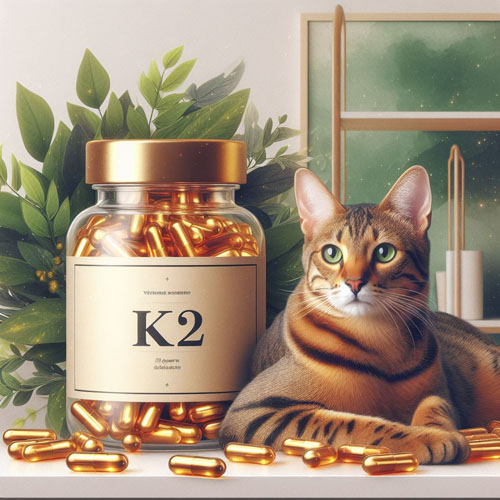How To Help Your Cat Gain Weight
How To Help Your Cat Gain Weight – Expert Tips for a Thriving Pet
Observing your feline friend losing weight can be a cause for concern, and addressing the issue promptly is crucial for their health. Weight loss in cats can result from various factors such as age, underlying medical conditions, or environmental changes. This guide, in collaboration with your veterinarian, aims to provide valuable insights into maintaining your cat’s health.
Understanding the Causes of Weight Loss in Cats: Understanding the causes of weight loss in cats is essential for addressing this concern effectively. Cats, like humans, can experience fluctuations in weight for various reasons. Senior cats, as they age, may naturally lose muscle mass, leading to weight loss. Feral cats, on the other hand, are particularly susceptible to parasites that can drain their bodies of nutrients and contribute to weight loss. Additionally, house cats may face undiagnosed health issues such as kidney disease or oral health problems, both of which can facilitate rapid weight loss. Identifying the specific cause is crucial, and collaboration with a veterinarian is key in gaining valuable insights into the cat’s health.
Weight loss in cats can be a multifaceted issue, and age-dependent factors play a significant role. As cats grow older, their metabolism may change, affecting their weight. It’s important to recognize that cats can become underweight just as they can become overweight, and rapid weight loss should be a cause for concern. By delving into the diverse reasons behind weight loss in cats, owners can work in tandem with veterinarians to develop tailored strategies to address these concerns, ensuring the overall well-being and health of their feline companions.
Is Cat Weight Loss a Problem: Determining whether cat weight loss is a problem requires a careful assessment of various factors. While some cats naturally maintain a slender physique and stable weight, sudden or unexplained weight loss can signal underlying health issues. Owners should closely observe their cat’s behavior, eating habits, and overall well-being. If a cat has consistently been thin, maintains a stable weight, and shows no other concerning symptoms, there might be no cause for worry. However, if uncertainty exists about the cat’s history or if there is a noticeable decline in weight without apparent reasons, consulting with a veterinarian becomes crucial. A professional assessment can provide a more accurate understanding of the cat’s condition and help determine whether weight loss is a normal variation or an indication of an underlying health problem that requires attention and intervention.
Diagnosing the Cause of Weight Loss: Diagnosing the cause of weight loss is the first step in addressing the issue effectively. Observing your cat’s eating habits and considering factors like appetite, muscle mass, and overall behavior can help identify potential causes. Common medical culprits include hyperthyroidism, kidney disease, feline diabetes, and oral health problems.
How to Help Your Cat Gain Weight: After consulting with your vet and identifying the cause of weight loss, you may be advised to help your cat gain weight. It’s essential to follow your vet’s recommendations, as attempting certain methods without approval can pose risks to a sick cat.
Change Up Their Food for More Calories: Not all cat foods have the same caloric density. Wet food, although less calorie-dense than dry food, can be formulated for weight gain, with added fat content. Experiment with various brands and formulas to find the right combination that appeals to your cat.
Encourage Your Cat to Eat More: If your cat’s appetite has decreased, unseasoned, meat-flavored baby food can entice them to eat. Probiotics and B12 shots can also be beneficial, but it’s essential to consult with your vet before introducing any supplements.
Consider Other Supplements: High-calorie gels and supplements can be introduced to your cat’s diet to aid weight gain. These supplements are formulated with flavors that cats love, making them an accessible option.
Remember to consult your veterinarian before implementing any changes to ensure they align with your cat’s specific needs and health conditions.





